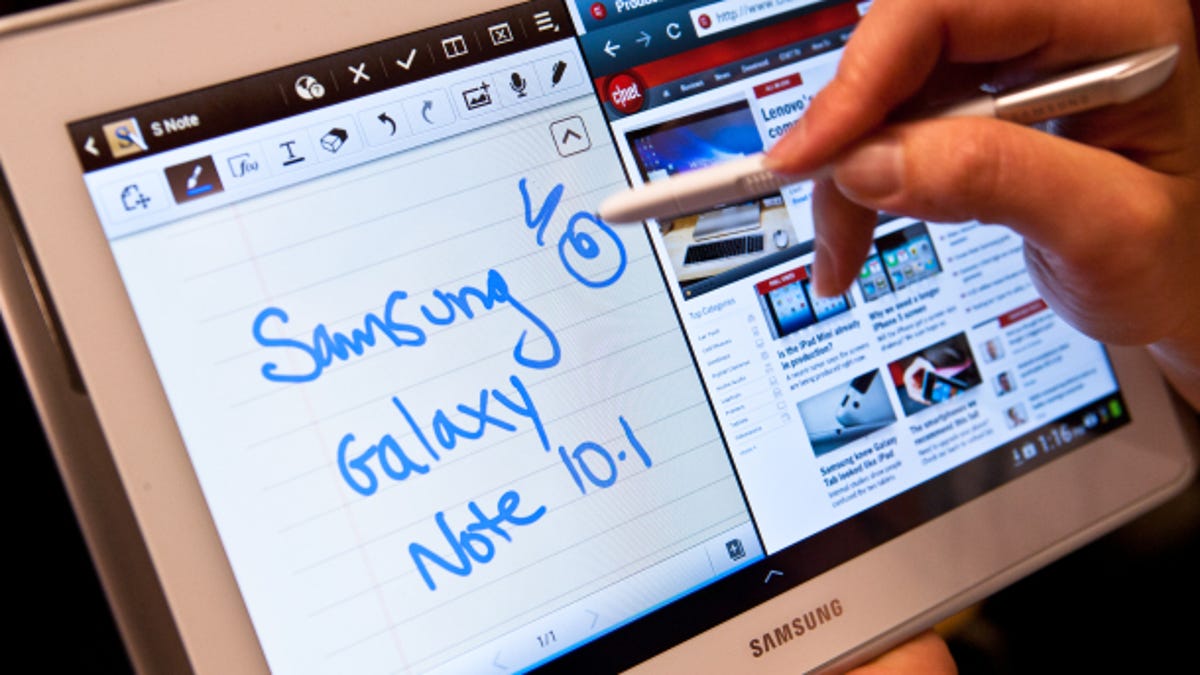Legal analysts suggest Apple-Samsung verdict may not be safe
Some experts poring over statements of Apple-Samsung jury members and details of their judgment suggest that the verdict could be overturned.

Lawyers tend to know everything.
It's just that their knowledge of everything seems occasionally to conflict with the knowledge of other lawyers, who also know everything.
However, I have been seeking legal guidance on what seems like the strangely swift decision by nine local Californians to order Samsung to pay Apple more than $1 billion.
One place where lawyers gather to read views is the award-winning site Groklaw. I fancy that many of the legal experts who post there have long blond hair and drive personalized Bentleys.
However, their sense of groundedness is often refreshing.
So I was stunned into sobriety to discover that the site was witheringly dismissive of the Apple-Samsung verdict and the jury.
In a searingly chilly analysis, Groklaw points to apparently simple facts that suggest anything from boredom to power intoxication.
The jury, for example, found that one Samsung device didn't infringe Apple's patent and yet they awarded Apple $2 million for inducement. This was a slightly odd award, given that it's quite hard to induce someone to do something illegal when it isn't, in fact, illegal.
Then there was the deeply confident statements of the jury foreman, retired engineer and patent holder Velvin Hogan. He reportedly told the court that the jurors had filled out all of the 700-question form without needing to read the jury instructions.
There's nothing wiser than a clever engineer, but might this not smack of an excess of confidence?
Another legal blog, Above the Law, suggests that it was either that or sheer boredom.
Indeed, the blog sounded so disturbed that its authors would have traded their Bentleys in for bicycles: "Here's the thing, ladies and gentlemen of the Apple v. Samsung jury: It would take me more than three days to understand all the terms in the verdict! Much less come to a legally binding decision on all of these separate issues. Did you guys just flip a coin?"
Then there's this rather hulkily intellectual idea that foreman Hogan expressed to Reuters: "We wanted to make sure the message we sent was not just a slap on the wrist. We wanted to make sure it was sufficiently high to be painful, but not unreasonable."
But, as Groklaw pointed out, the award of damages isn't apparently in the law to represent three slaps of the headmaster's cane on the infringer's buttocks. It's there to compensate for losses.
Could it be that, not needing the jury instructions, the magnificent nine simply exercised its own personal form of justice? This wouldn't be a first for a jury -- and sometimes it's an excellent thing when common sense supersedes the law -- yet by declaring themselves afterward, jurors do expose themselves to cross examination.
A further oddity is that when my colleague Greg Sandoval talked exclusively to another juror, Manuel Ilagan, his version seemed to reflect conflict and tension among the jurors, as well as a remarkable ease in filling out the forms.
There are certainly lawyers who found nothing unusual about either the haste or the content of the decision-making.
For example, Roy Futterman, director at DOAR Litigation Consulting, offered this to PC World: "It's surprising they came back so quickly, given that it was a complicated case and very complicated verdict form, but that said, it looks like they were thoughtful about it and they did their job."
Perhaps when any big legal case is decided every lawyer will have an opinion. And it is undoubtedly very hard to be a juror, especially in such a complicated case -- at least the judge thought it was complicated.
Yet there is a certain curious persuasiveness about Groklaw's suggestion that this verdict may be in grave danger of further questioning.

